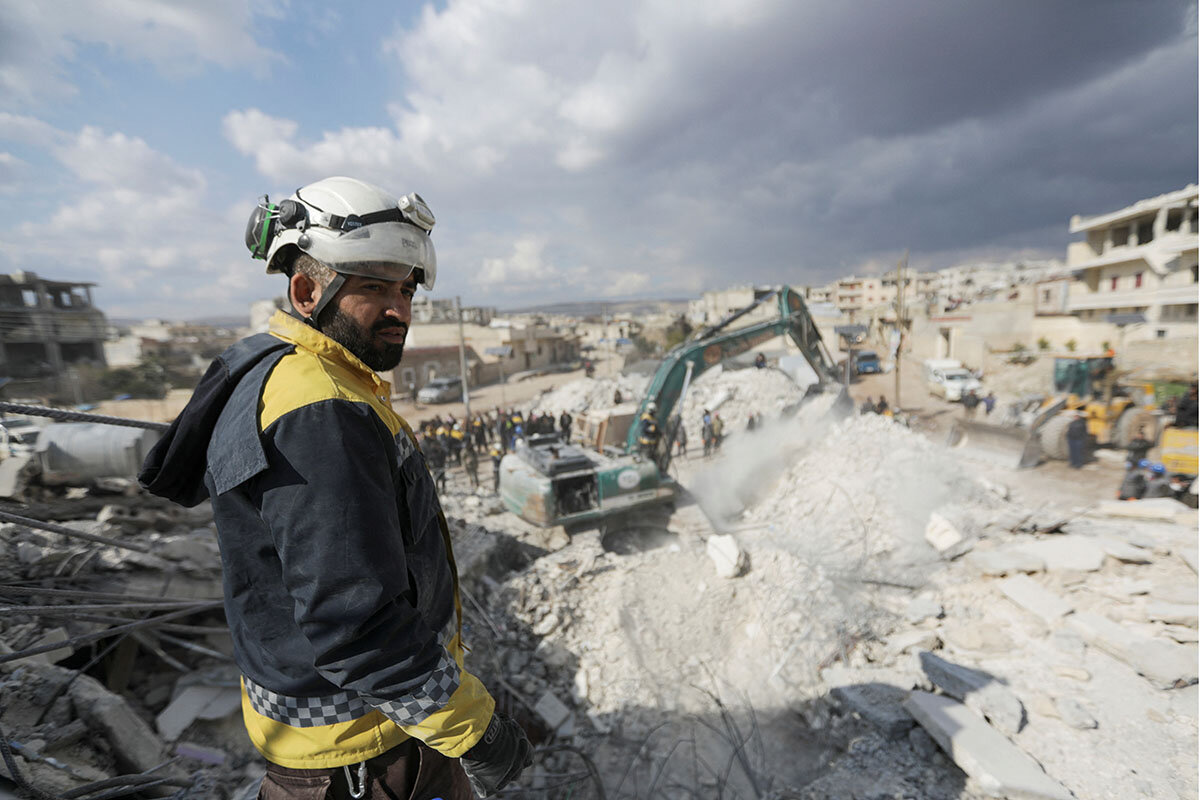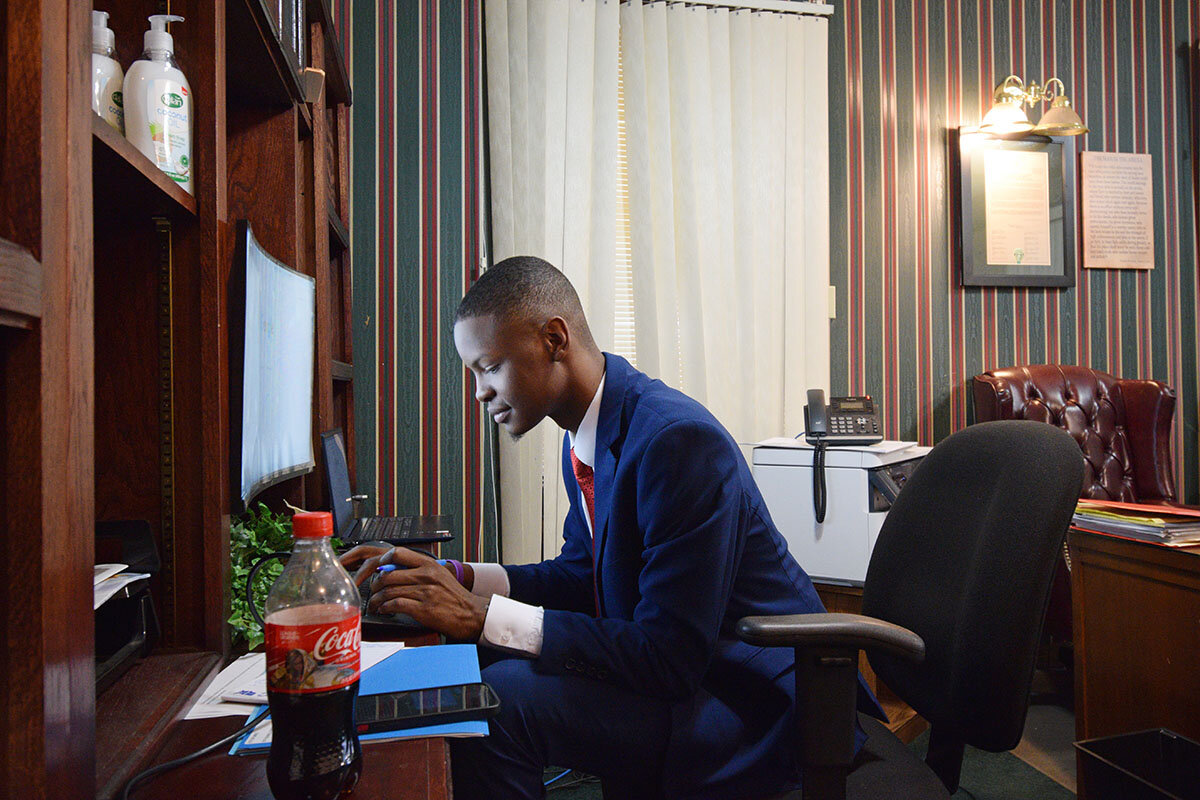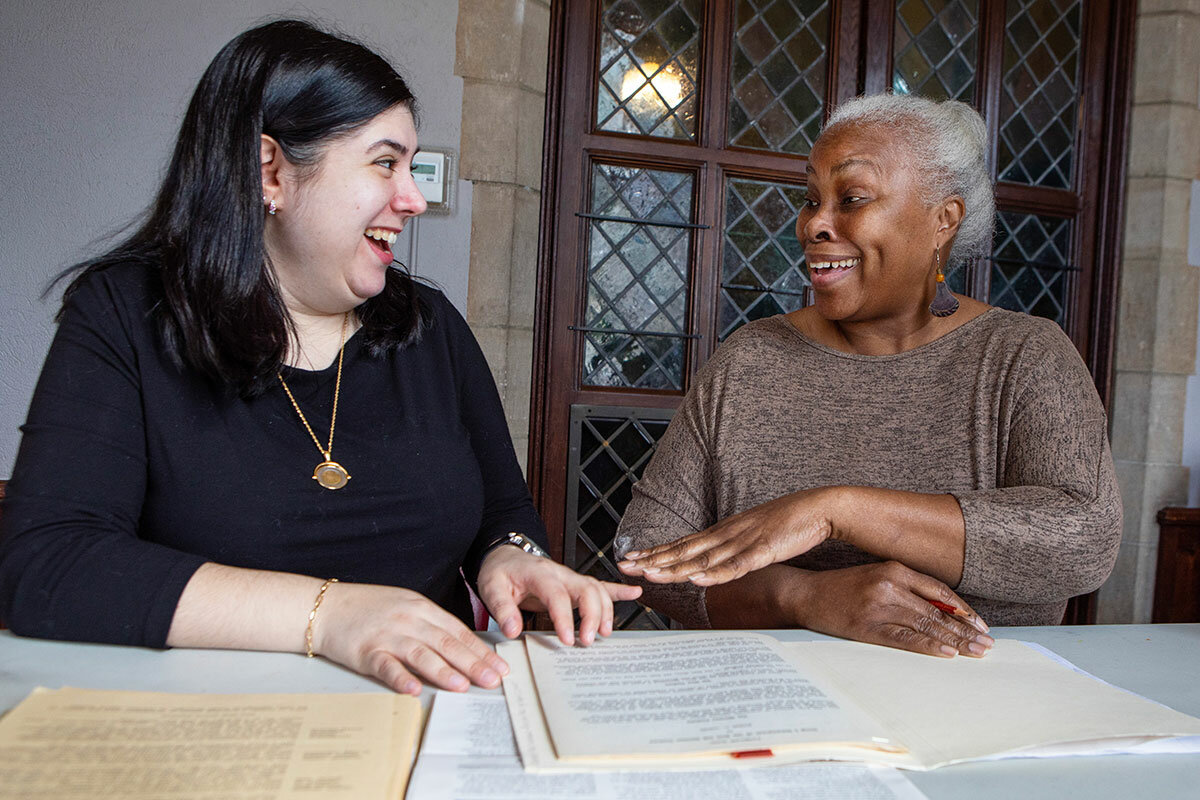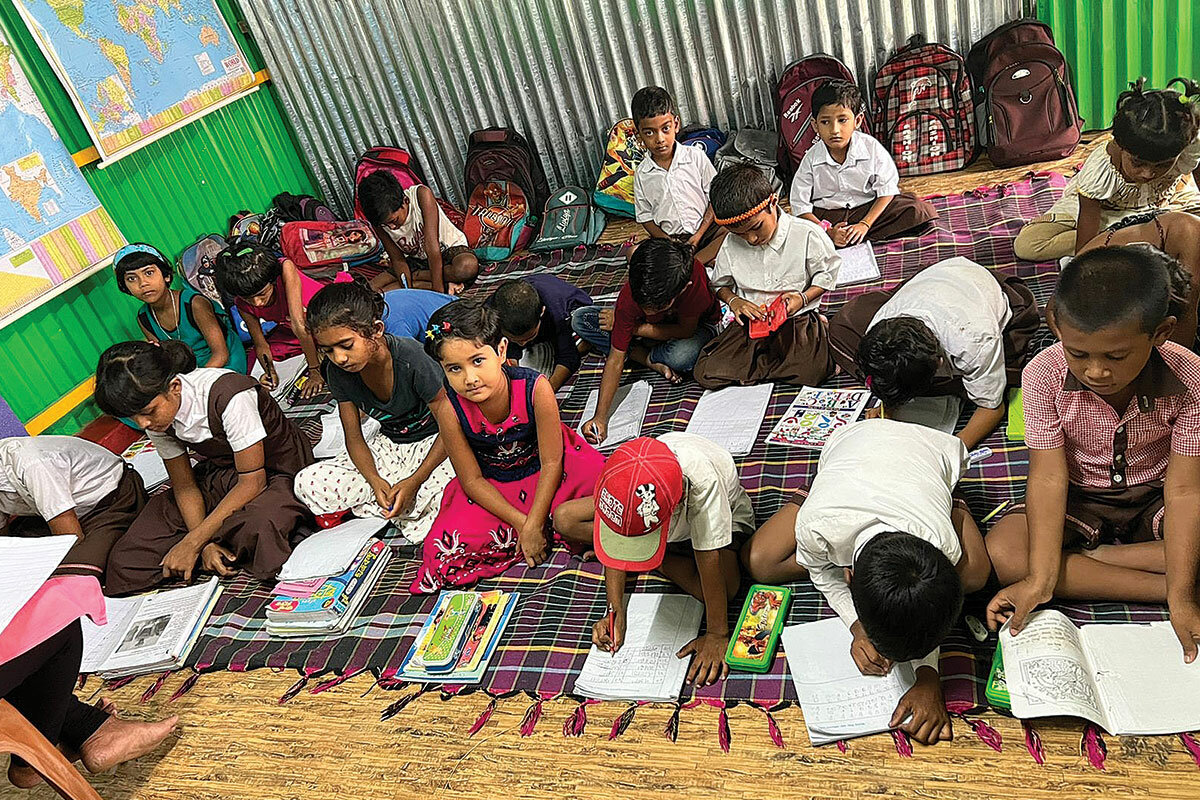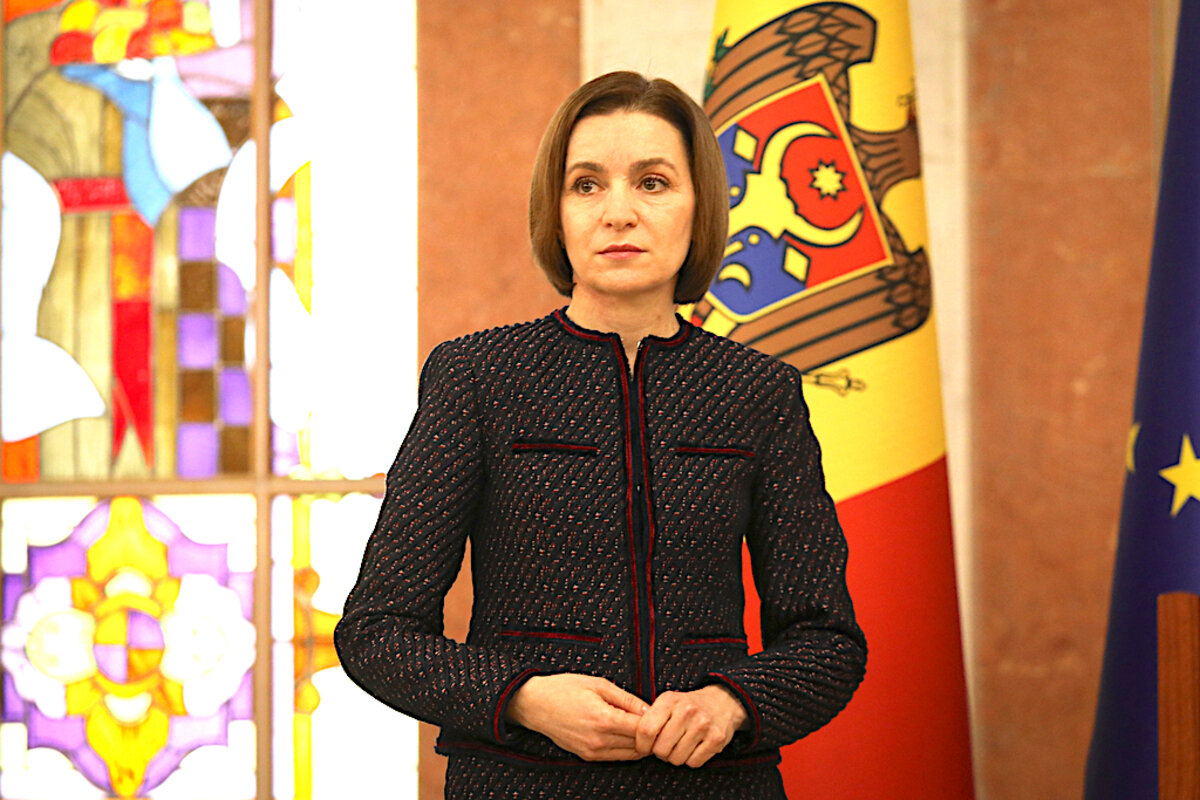The Feb. 6 earthquake in Turkey rocked rebel-held northwest Syria as well. Locals are doing the best they can to deal with the disaster, but aid is in short supply due to the region's isolation.
Monitor Daily Podcast
- Follow us:
- Apple Podcasts
- Spotify
- RSS Feed
- Download
 Peter Grier
Peter Grier
I’ve spent much of my career covering the Pentagon and writing stories about military aviation. Yet the news of recent days, with the U.S. Air Force downing four objects floating over North America, is a story beyond the bounds of anything I have ever encountered.
I’ve never heard an official say, in all seriousness – as White House spokesperson Karine Jean-Pierre said yesterday – that in a particular event, extraterrestrials were not involved.
“Wanted to make sure the American people knew that,” she said.
OK. So what is going on?
On Tuesday Biden administration officials briefed the Senate on what they know now. They remain confident the first object shot down was a Chinese spy balloon. The other three, they don’t know.
They haven’t recovered debris from them. Nor did fighter pilots who shot them down get a good look.
Imagine a supersonic jet – an F-16 can hit 1,300 mph – flying by a floating blob that’s barely moving. Audio from the pilots who intercepted the object over Lake Huron reveals they struggled with visual identification.
“Looks like something. ... It’s hard to tell, it’s pretty small,” said one.
Senators said a crucial question remains where these objects are coming from.
A range of entities, from companies to academic organizations, operate objects at high altitude for research. Is that what readjusted U.S. radars are now seeing?
Among the answers Tuesday’s briefing did provide was that “this has been going on for years,” said Republican Sen. John Kennedy of Louisiana.
“The only thing I feel confident saying right now is that if you are confused, you understand the situation perfectly.”




